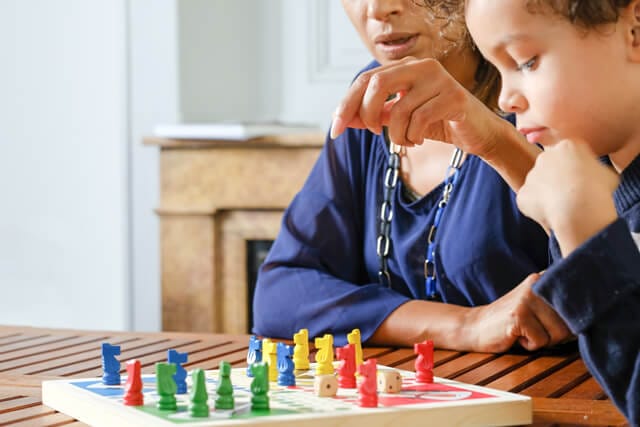Best Age for Potty Training Children
Best Age for Potty Training Children
Are you a mom debating the best age for potty training your child? Well, you are not alone, because many moms are faced with that dilemma every day. There are many conflicting views on when to start potty training. In the 1920s and 1930s many American and Europeans family potty trained their children between 12 to 18 months. The general premise was that children this age is likely to ditch diaper more easily and as the child gets more interested in walking, running and other mobile activities, it harder to keep them still on a potty chair.Fast forward to present and you would see children still in diapers at 2 to 3 years. That’s because most parents begin start
potty training at this age. A recent study suggests that 27 months to 32 months is a best age for potty training. The study shows that a child who is potty trained after 32 months of age is more likely to have “urge incontinent day time wetting and nighttime bedwetting (
nocturnal enuresis) between 4 to 12 years.”Generally, bedwetting before age 7 isn’t a concern. At this age, your child may still be developing nighttime bladder control. If bedwetting continues, treat the problem with patience and understanding. Lifestyle changes, bladder training, using a
bedwetting alarm and sometimes medication may help reduce bed-wetting.The best age for potty training depends on your goals and your child’s development. There is no sacred rule that you must follow, however, look for your child’s signs of readiness. Some experts say that more than age, your child should be physically and developmentally ready to potty train.As a parent it might be frustrating to passively wait for your child to signal his or her readiness to be potty trained. Of course, you want to ditch diapers. It prevents diaper rash, saves you time and money on diapers and doesn’t let your child become use to wearing a soiled diaper or become too comfy to ignore natural body signals and then go through the process of relearning them.But if you deal with a toddler in the terrible twos or troublesome threes stage, you would know that like many other things, forcing or scolding your child will not help you win this battle. Yet, there is lots you can do to help your child get interested in the potty training process.Kids love to imitate moms and dads. So, take them to the toilet and show them what it is used for. When your child shows more interest consider buying them fun and vibrant potty trainers, pulls ups and gradually underwear with favorite character on it. Well, if it helps a little bribe may not hurt either.Visit
Chummie – The World’s Best Bedwetting Alarm for buying a
bedwetting alarm tips, advice and support.
Related Articles
Visiting your Doctor: Bedwetting ChecklistBedwetting: Setting A GoalPainful Urination in Children





No Comments
Sorry, the comment form is closed at this time.